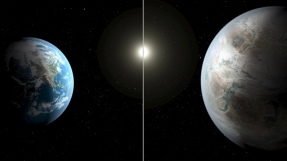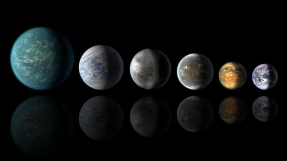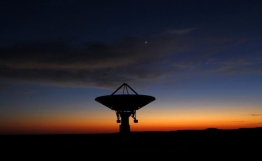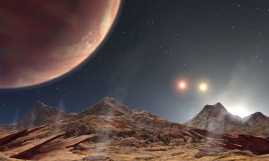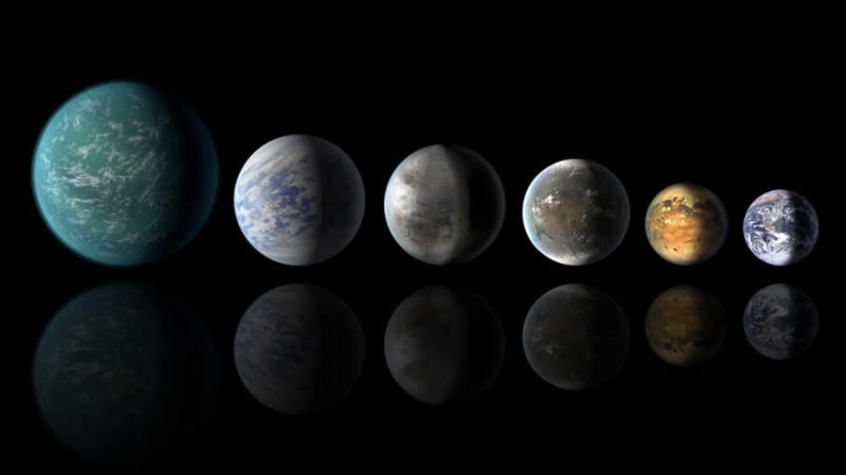
Our chances of finding some other forms of intelligent life outside our own planet have grown bigger.
Scientists now think that there is a really low probability that the Earth is the only place in the entire universe which serves as a dwelling place of an advanced form of civilisation.
Astronomers changed their outlook on the possibility of finding alien life in space due to the recent discoveries of various exoplanets, or planets that are similar to Earth.
Space scientists also updated and revised the half-century-old Drake equation, a formula which attempts to calculate the probability of the existence of advanced alien civilisations, and of human beings communicating with them.
After revising the equation, astronomers realised that there is less than about one in 10 billion trillion chances that a human civilisation only evolved on Earth.
Adam Frank, research co-author and professor of physics and astronomy at the University of Rochester, said the Earth might not even be the first place where forms of intelligent life emerged.
"To me, this implies that other intelligent, technology-producing species very likely have evolved before us," he said in an article on CSMonitor.com.
Frank and his co-author, University of Washington astronomer Woodruff Sullivan, decided that it was time to take a second look at the Drake equation, because some gaps of knowledge not factored in the formula when it was first brought forward in 1961 have already been filled.
For instance, space scientists already currently know that about one-fifth of stars have planets in habitable zones through data obtained by the National Aeronautics and Space Administration (NASA)—a vital piece of information that was not factored in the original Drake equation.
"Our results imply that our evolution has not been unique and has probably happened many times before," Frank explained.
"The other cases are likely to include many energy-intensive civilisations dealing with their feedback onto their planets as their civilisations grow. That means we can begin exploring the problem using simulations to get a sense of what leads to long-lived civilisations and what doesn't," he added.










